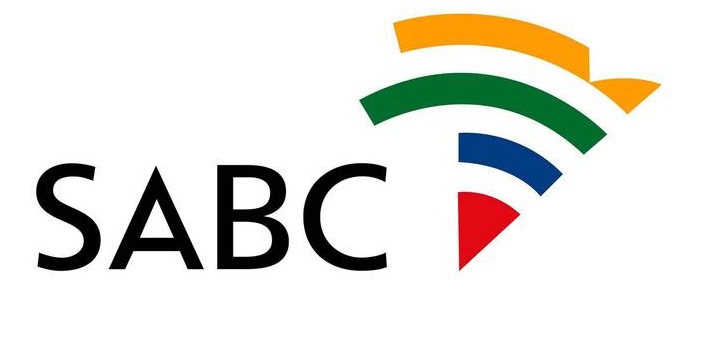The SABC is making amends for the debacle around its controversial editorial policy by embarking on a new process to obtain the public’s input on drafting a fresh set of policies.
Speaking at a briefing this afternoon, SABC Chairperson, Khanyisile Kweyama announced that launch of the policy review project alongside the SABC’s acting CEO, COO and fellow board members.
The SABC started reviewing editorial policies in 2013, which led to the 2016 policy filed with Icasa. Contrary to statements by former COO, Hlaudi Motsoeneng and former Minister of Communications, Faith Muthambi, no consultations were made with the public and civil society organisations, as required by the Broadcasting Act.
The controversial ban on violent public protest footage was among some of the new implementations included in the policy.
The SABC was hauled before Icasa and subject to a number of hearings, which resulted in Icasa ruling that the 2013 policy was invalid in terms of Broadcasting Act and the public broadcaster had to revert back to the previous 2004 editorial policy, which is currently in place until the new process is completed.
Policies to be reviewed in the public consultations include:
- News and Editorial
- Programming
- Local content for TV and radio
- Language
- Religion
Roadshows will be from 31st July to 31st August across the country in community halls, schools and other public venues.
The public can already start sending in input, either by emailing editorial@sabc.co.za or visiting the SABC website where you can fill in the recommendation form. The website also highlights other traditional ways such as the Post Office and fax, which can be used.
The SABC will use all of its available platforms to spread awareness of the process.
After the public consultation process has been complete, comment will be submitted to the interim board, which will then send back a final draft to public for view and input, and then file with Icasa.
“We urge the public to make their input so that they’re part of shaping public broadcaster’s future,” Kweyama said.

